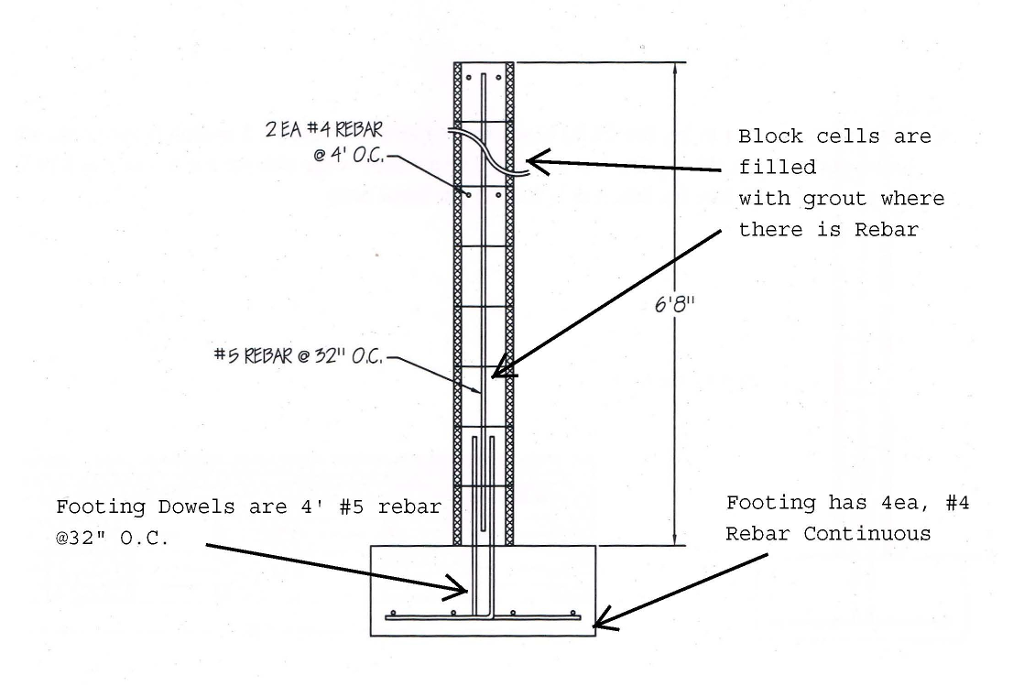

The IMS Question and Test Interoperability format was initially proposed by the IMS Global Learning Consortium and its version 1.0 was released as a public draft in February of 2000 and as a final specification in May of the same year. Finally, some conclusions are proposed to improve the level of interoperability among current computer-supported assessment tools. It follows the description of a case study in a scenario in which true crossplatform interoperability was needed. Then a brief account of the type of support offered by the different tools is described. First a brief description of the aspects covered by IMS-QTI and the different available versions is given. In the following sections an analysis of the current landscape with respect to this format is analyzed. But computer based assessment has reached a stage which can be considered main stream and therefore there is some value in looking back and see how the once foreseen effects really shaped. Of course, it easy now to evaluate how appropriate a specification is to represent assessments. But the evolution of this specification over the last nine years shows numerous examples of the effect of several design decisions.

For any tool providing computer-based support, the question of supporting IMS-QTI appeared. The appearance of this specification changed the landscape of assessment formats. These two institutions have identified the So far, none of the tools has acknowledge the other format as one that is supported. Both tools are totally unrelated and therefore, store the assessment material in completely different formats. Analogously, Institution B has also a rich set of assessment material, but it was created with Tool B. Suppose a scenario where Institution A has a rich set of assessment material that created using Tool A (or its equivalent service in the corresponding LMS). But this issue, combined with the wide variety of solutions for computer-based assessment that are currently available, poses a second problem, that of interoperability. In other words, given a tool for computer-based assessment (or an equivalent functionality present in a LMS), how can the assessment material be stored and retrieved by any instance of this tool. The first one is considering only a single tool or product. There are two dimensions in which this problem can be solved. Once a scenario where any form of computer supported assessment is performed the problem of how the material is stored and retrieved already appears. The issue of storing assessment material is intrinsic to computer supported assessment. Some computer-based assessment tools even predate the appearance of some learning management systems (henceforth simply LMS).

Assessment has been one of the aspects where technology has had a very strong presence from the early times. Some aspects of a learning experience are fully supported by technology (for example assessment), whereas in others, technology is barely beginning to appear (for example, integration of generic services in a learning environment). In today's e-learning, the advance and support offered by technology is very uneven. Keywords-assessment format, interoperability, IMS QTI This format proposed by the consortium is IMS Question and test interoperability, henceforth IMS-QTI. The approach followed by international bodies such as the IMS Global Learning Consortium has been to gather a set of experts in the field, analyze the current scenarios where computer-based assessment was being used and propose a format such that any tool would be using to both export and import assessment material.

The problem, then is to go beyond formats locally used by specific tools to a format that allows the exchange of assessment material among unrelated tools. In this paper an analysis of the implementation of these formats is described. IMS QTI) aimed to facilitate the exchange of this material, in the actual landscape, there are still too many formats that significantly hinder the reuse of this material. Although institutions such as the IMS Global Consortium have proposed specifications (e.g. This large number of tools has led to the appearance of a large number of formats to store, retrieve and exchange assessment material. Support for computer based assessment is found not only in all Learning Management Systems, but also as stand-alone tools. Current Issues With Assessment Formats and Interoperability Abelardo Pardo, Álvaro Agea, Carlos Delgado Kloos Department of Telematic Engineering, Carlos III University of Madrid, E-28911 Leganés (SPAIN) potential of sharing this material, but it is not possible with the current formats.Ībstract-Assessment has been one of the areas in computer supported learning where technology has been quickly deployed.


 0 kommentar(er)
0 kommentar(er)
